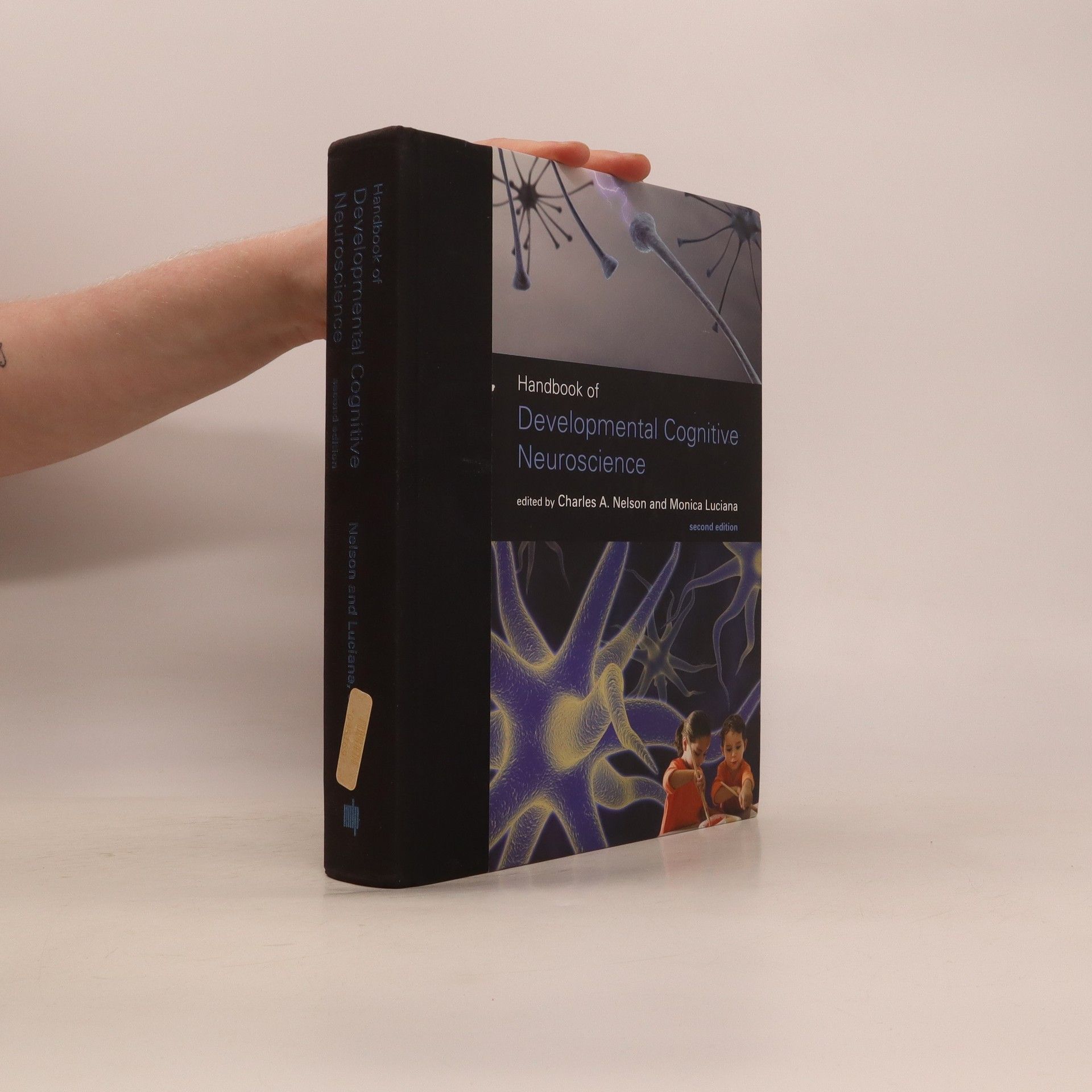Handbook of Developmental Cognitive Neuroscience, second edition
- 923 Seiten
- 33 Lesestunden
The second edition of this essential resource reflects the rapid evolution of developmental cognitive neuroscience as a distinct field. It has been completely revised with expanded emphasis on social neuroscience, clinical disorders, and imaging genomics. Advances in brain imaging and recording technologies, along with well-defined behavioral tasks, are now being utilized to study development, allowing for safe exploration of structure-function relations in children's brains. These innovations, paired with refined cognitive models, have propelled research in developmental cognitive neuroscience. The Handbook covers fundamental aspects of neural development, sensory and sensorimotor systems, language, cognition, emotion, and the implications of lifelong neural plasticity for brain and behavioral development. Since the first edition, the Handbook has expanded from forty-one to fifty-four original chapters, placing increased focus on affective and social neuroscience, which is influencing developmental literature. Additionally, there is a heightened emphasis on clinical disorders, reflecting the translational nature of this research. Notably, new discussions on imaging genomics include a dedicated chapter, highlighting the intersection of brain, behavior, and genetics. This comprehensive reference will serve as a valuable resource for researchers exploring brain-behavior relations in both typical and atypical development.
